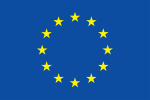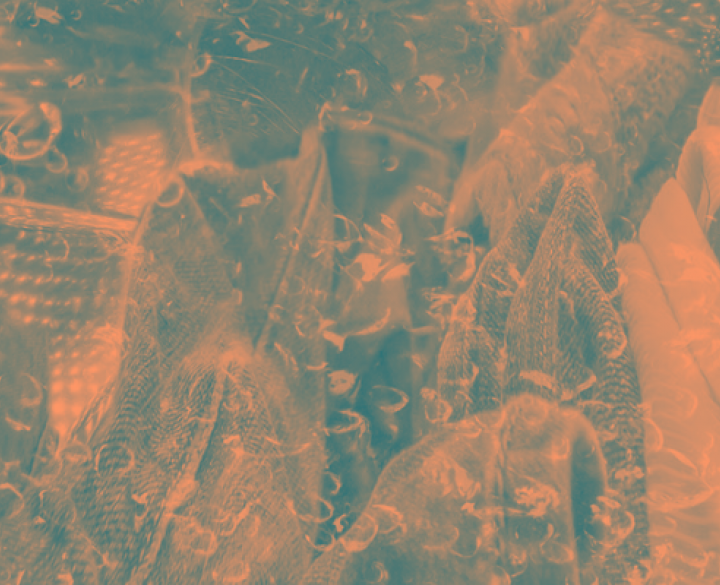The European Plastics Strategy (European Green Deal & Circular Economy Action Plan 2.0), has addressed the need to develop new methods to reliably calculate, verify and report the recycled content in products that will boost the increase of recycled content in everyday products and diminish the use of virgin materials. However, measuring recycled content is a complex task, requiring product tracing back to the production source.
Objectives
PRecycling aims to develop an easy-to-use methodology for sorting, sampling, tracing and recycling plastic waste streams, including detection and separation of legacy additives, along with standard analysis procedures for both plastic waste materials and recyclates (secondary raw materials) in order to produce consistently high quality, safe-to-use recyclates.
Smart tracing via digital systems will be developed in parallel, to ensure the quality and safety of reused materials, targeting a sustainable, transparent, and functional Circular Economy Model for the recycling market.
Methodology
The environmental and financial viability of PRecycling solutions will be assessed throughout the product's life cycle and costs will be analyzed in order to arrive at competitive prices of recycled products.
The above will be demonstrated by the production of
- home appliances components
- toys/learning resources
- 100% recycled textiles
The proposed methodology in PRecycling can be adapted by many other sectors, including packaging, vehicles, and electric/electronic equipment, triggering significant societal impact apart from commercial and industrial interest.
Demonstration activities will serve as part of a community awareness initiative, showing that the transformation from-waste-to-product is scalable, replicable, traceable, commercially viable and most importantly, is safe to use, both within the same and within new supply chain products.
Centexbel's main tasks
- Removal of legacy additives and impurities
- Removal of solvent residues, VOC, additives, etc. using scCO2
- Recycling/upcycling and compounding
- Quality control of recycled materials for textile use
- Design and production of a circular polyester textile
Partners
The project is coordinated by NTUA, the National Technical University of Athens - Greece
Partners
- Danmarks Tekniske Universitet DK
- BASF SE DE
- Centexbel BE
- ARCELIK A.S. TR
- Asociación de Investigación de la Industria del Juguete Conexas Y Afines ES
- COOLREC BV NL
- Innovation in Research & Engineering Solutions BE
- FRAUNHOFER Gesellschaft zur Förderung der Angewandten Forschung E.V. DE
- Materials Industrial Research and Technology Centre MIRTEC EL
- Asociación de Investigación Metalúrgica del Noroeste ES
- BIOG3D MONOPROSOPI IKE EL
- EUROPEAN PLASTICS CONVERTERS BE
- POLYMER COMPLY EUROPE scrl BE
- STRATAGEM ENERGY LTD CY
- NORGES Teknisk-Naturvitenskapelige Universitet NTNU NO
- CIRCULARISE BV NL
- Region of Attica EL
Acknowledgement
This project has received funding from the Horizon 2020 research and innovation programme under grant agreement No. 101058670.





